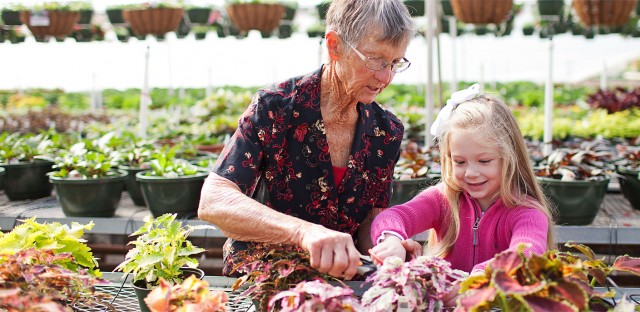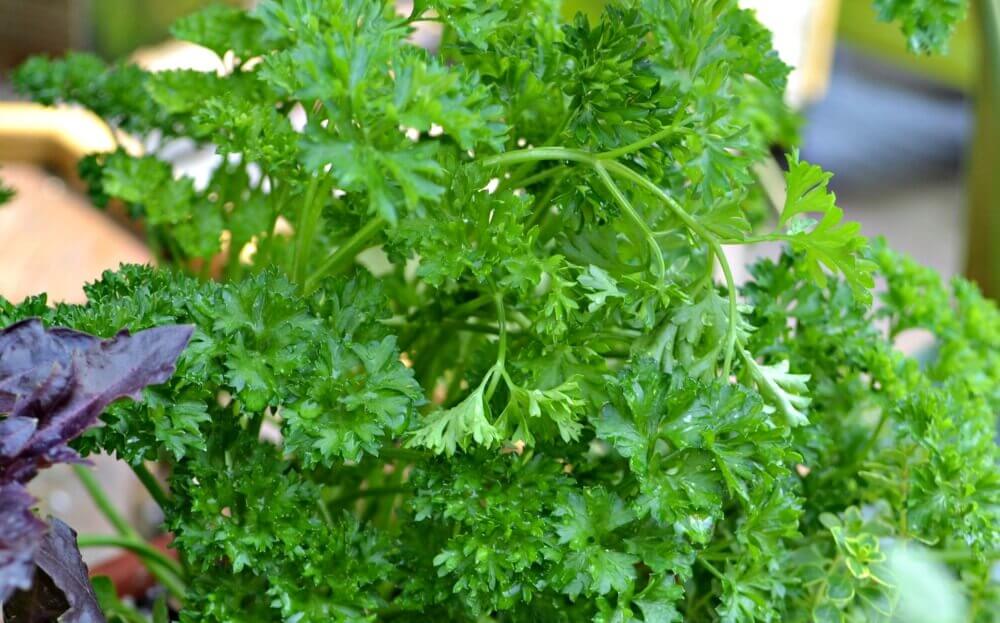The 11 Best Fall and Winter Herbs for a Thriving Garden
Tired of relying on your spice cabinet this time of year? Contrary to popular belief, fall and winter offer a surprising opportunity for herb gardening in North Carolina. While many plants retreat, certain cool-weather and evergreen herbs can thrive, adding fresh flavors, scents and textures to your garden. Whether you’re an experienced gardener or just starting, here’s what you need to know about growing herbs this season.
The Top Cool-Weather and Evergreen Herbs For North Carolina
These fall herbs are all known to grow well in the winter and are available at Fairview Garden Center. Call (919) 851-6821 for plant availability or stop by for a visit!
If you’re behind on fall planting, simply start your herbs indoors. This will enable you to transition fully developed ones outdoors as winter sets in.
5 Best Cool-Weather Herbs
These herbs prefer cooler temperatures but typically grow best in spring or fall rather than winter. That said, while they often die with the arrival of frost, they can grow again.
Cilantro
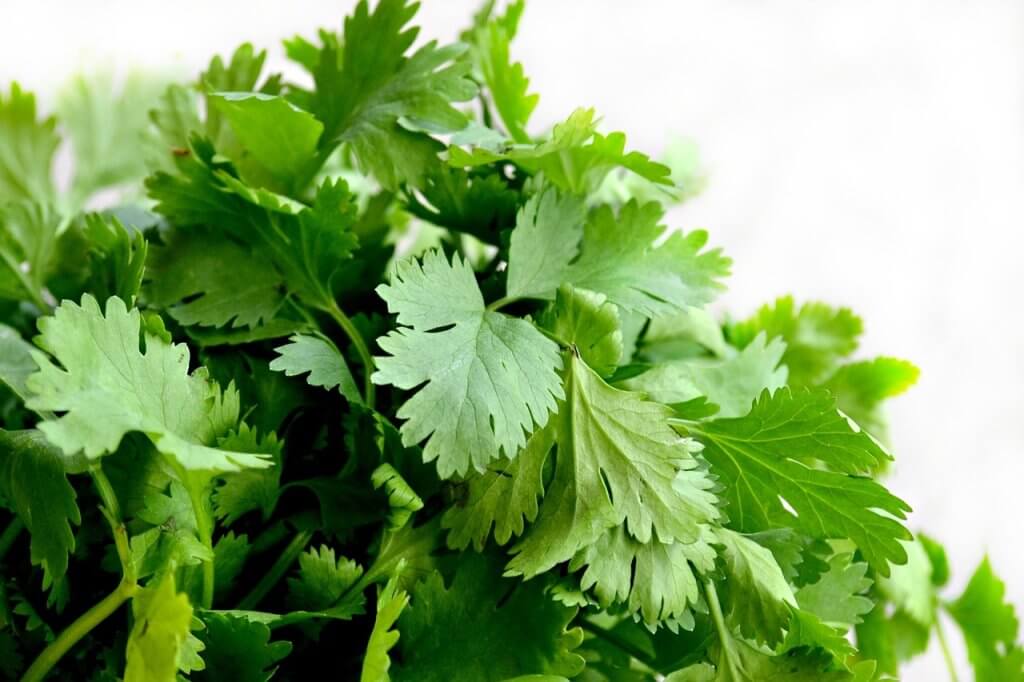
A true winter annual, cilantro thrives in cool weather and stays lush and green until around May in North Carolina. While hard freezes can damage its foliage, a trim can encourage fresh growth. Plus, drying its seeds produces coriander, giving you two herbs in one!
LEARN MORE ABOUT GROWING CILANTRO
Dill and Fennel
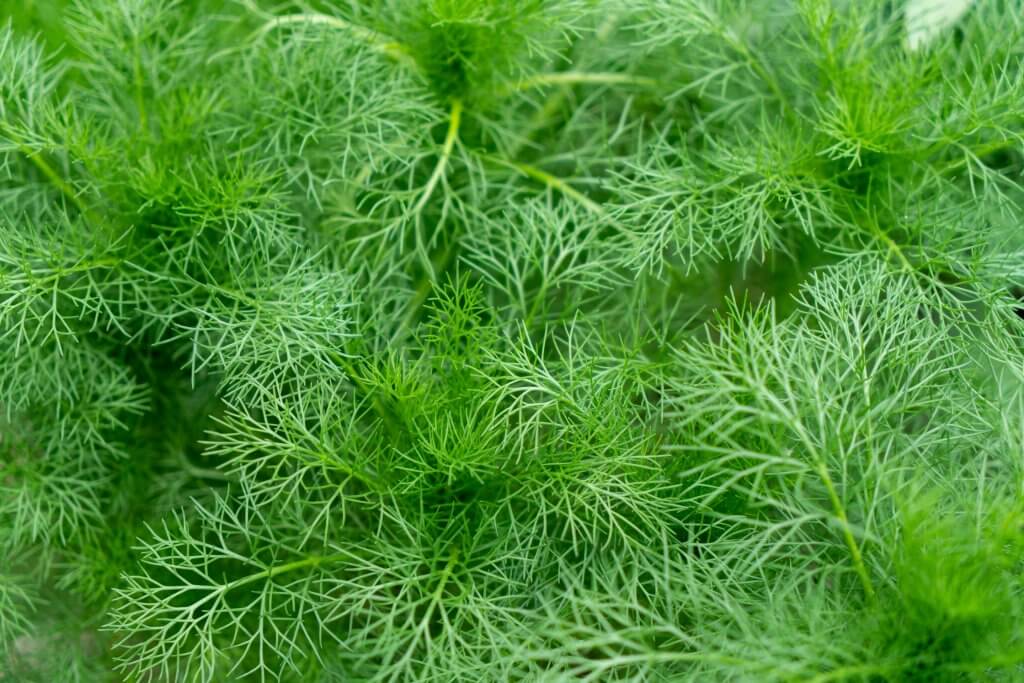
Although often associated with summer, dill and fennel thrive in the fall. In cooler temperatures, they grow more slowly, preventing them from producing seeds too quickly. Fennel is a perennial, returning year after year, while dill needs to be replanted each season. These herbs also double as host plants for swallowtail butterfly larvae, adding an extra fun touch to your garden.
Chives
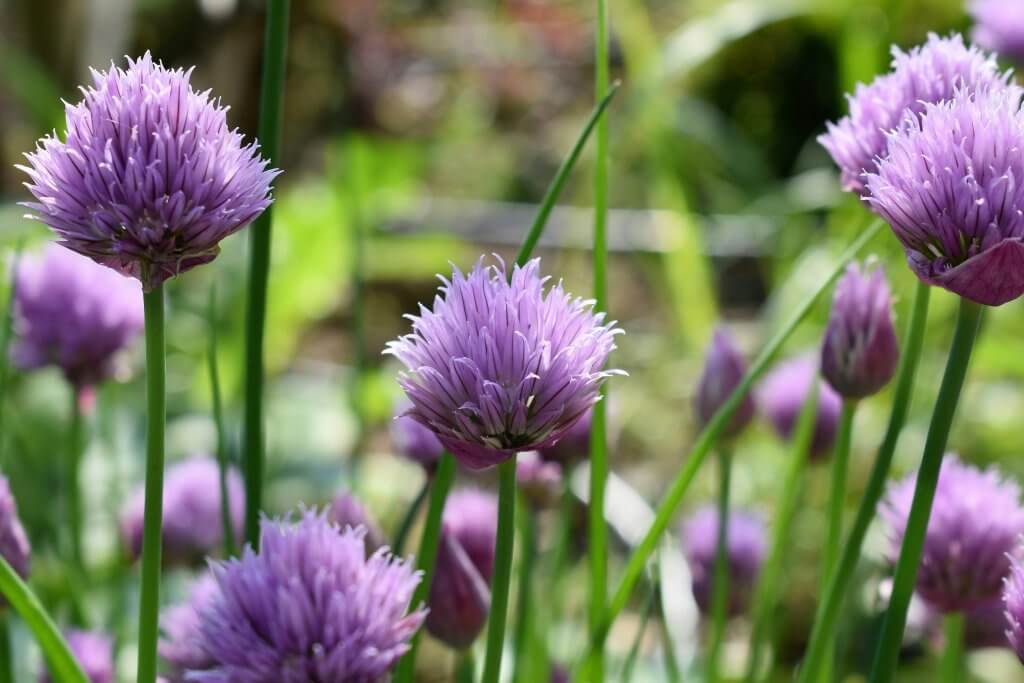
Chives are perennials that do well in cool winters. Like garlic, they grow from a bulb and produce fresh green shoots throughout the season. Trimming them every few weeks prevents yellowing, keeping them vibrant and ready for use.
Parsley
Parsley is a biennial herb that grows well until around December. It may die temporarily in harsh winters but will regrow in the spring, meaning you can continue to use it as a seasoning or garnish time and time again.
6 Best Evergreen Herbs
These herbs maintain their foliage year-round, regardless of the weather, and they are especially tolerant of frost in the milder areas of North Carolina.
Sage
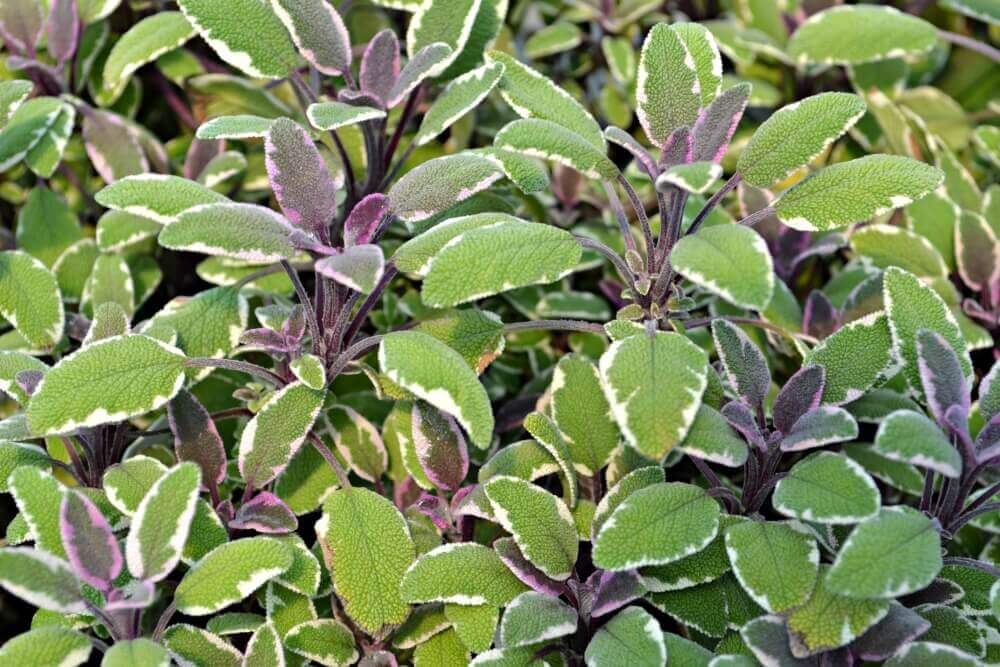
Sage is a hardy perennial and can survive through the winter if properly mulched around its base or planted in a more sheltered location. Regular pruning encourages new growth, allowing you to use fresh leaves throughout colder months in savory dishes.
Oregano
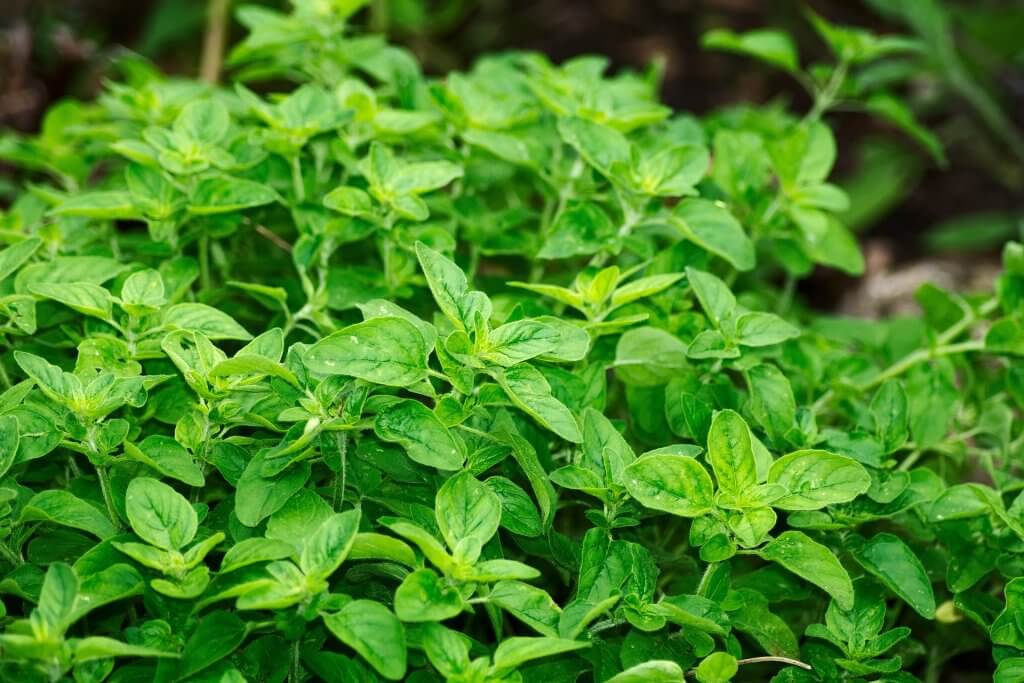
Oregano is a versatile herb that’s perfect for cold-weather gardening. It’s hardy and can survive winter temperatures in most North Carolina, especially when mulched around its base for extra protection. It’s ideal for hearty dishes and stews when you want a lingering flavor.
LEARN MORE ABOUT GROWING OREGANO
Mint

Mint thrives in cooler temperatures across all its main varieties—whether you’re growing peppermint, spearmint or chocolate mint. Its refreshing, aromatic leaves can be used fresh or dried for teas, cocktails and desserts. Just be mindful of where it’s growing as it spreads quickly.
Lavender
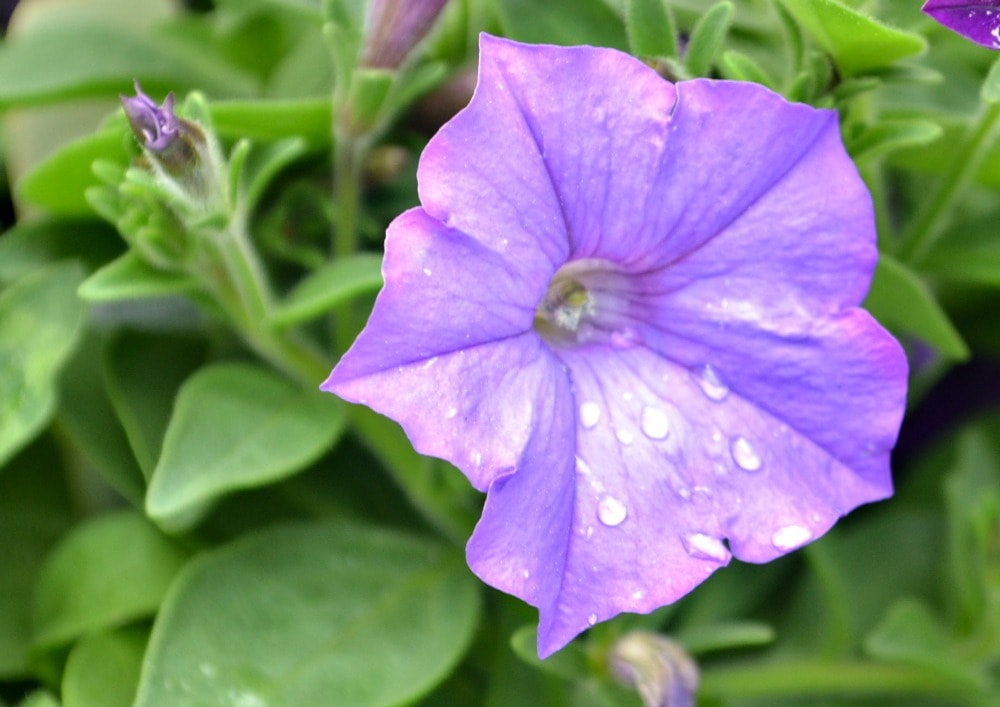
With well-drained soil and full sun, lavender can handle cold winters with the right protective measures—such as mulching and pruning. It’s great for adding a fragrant touch to gardens, teas and baked goods.
LEARN MORE ABOUT GROWING LAVENDER
Rosemary
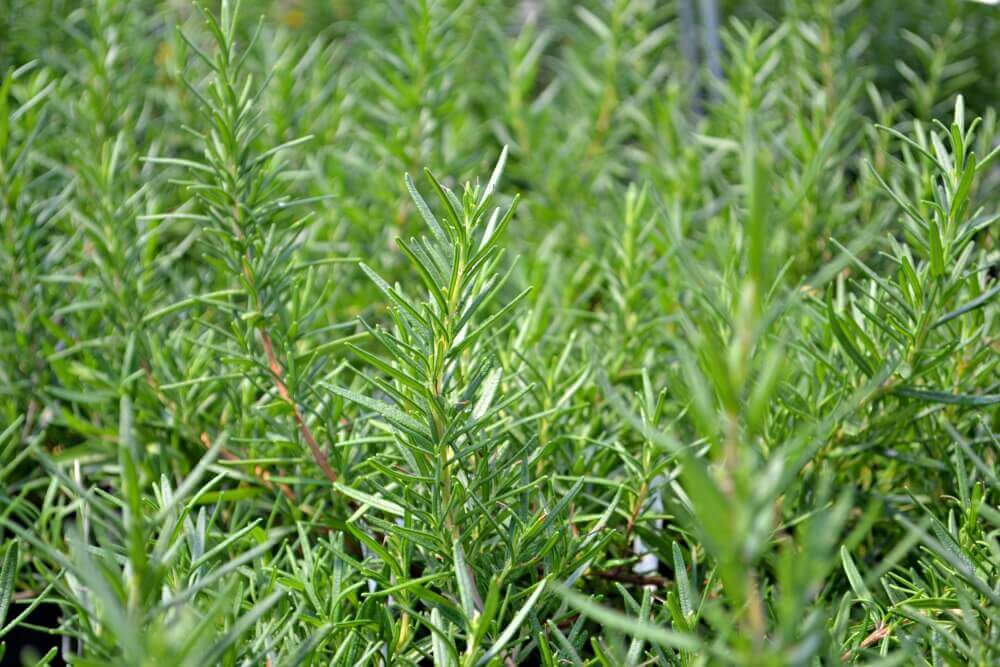
While rosemary is more sensitive to frost, it’s still typically strong in much of North Carolina. Consider growing it in a container so you can bring it indoors during freezing weather, ensuring its fragrant leaves are still available to you.
LEARN MORE ABOUT GROWING ROSEMARY
Thyme

Thyme is a hardy herb, but planting it in well-drained soil and adding mulch will help protect it during cold snaps. With proper care, it can remain perfect for seasoning meats and stews.
How To Bring Herbs Indoors for Especially Cold Weather
Even with the resiliency of these herbs, you may live in a particularly cold area of North Carolina or experience an especially cold winter. In those scenarios, here’s what you may want to consider instead:
- Create a windowsill garden: Pot your herbs before the first frost or purchase fresh plants from us. Then, place them in a sunny, south-facing window to enjoy a year-round harvest. If you don’t have a south-facing window, chives may be your best bet, as they can really tolerate less light indoors.
- Add herbs to houseplants: While it may not offer the same growth results, sprinkling herb seeds in the soil of larger houseplants can create a lush, aromatic carpet of green. Just make sure your houseplants aren’t toxic and use appropriate fertilizer.
Have The Herbs and Help You Need At Fairview Garden Center
By selecting the right ones and planting them at appropriate times, you can enjoy fresh, homegrown herbs throughout North Carolina’s cooler months. Whether you’re searching for new fall herbs or need more pointers on herbs you can grow in the winter, Fairview Garden Center can provide everything you need.
Call (919) 851-6821 for plant availability or stop by for a visit!

